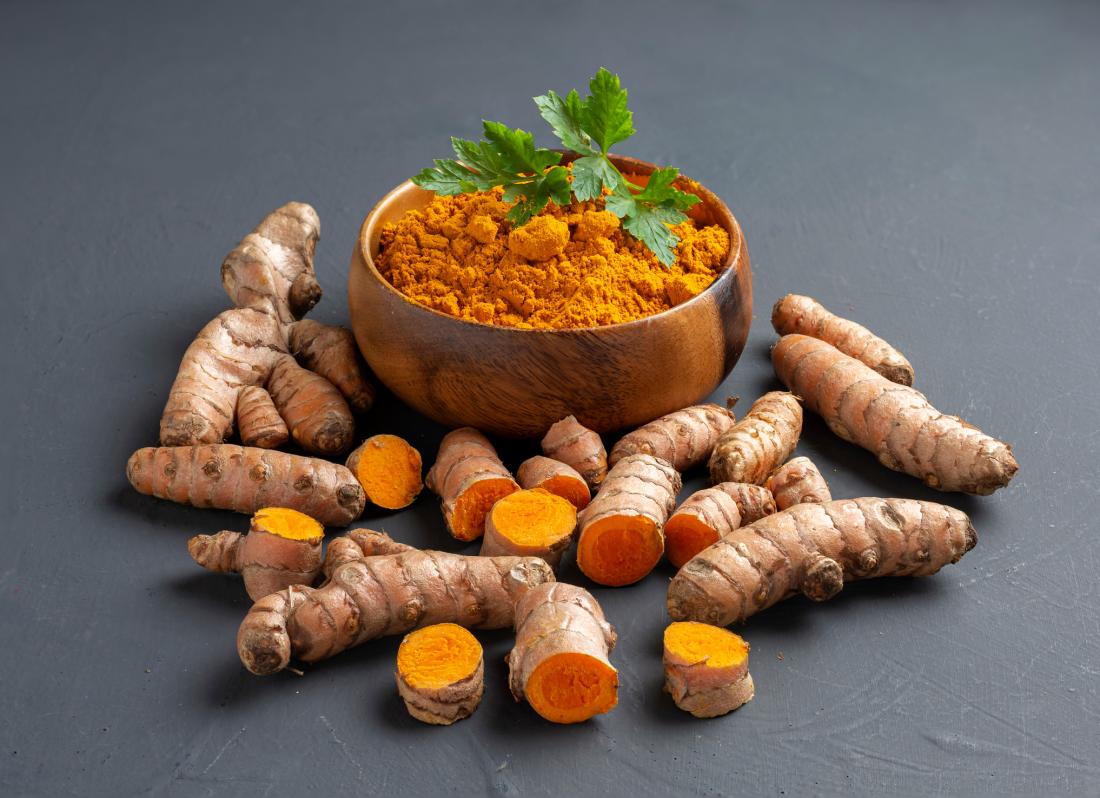
How Turmeric May Help Prevent Cancer: The Latest Research
How Turmeric May Help Prevent Cancer: The Latest Research
Turmeric, a spice that has been used for centuries in India and other parts of Asia for its medicinal properties, is now being studied for its potential to prevent cancer. Turmeric's active ingredient, curcumin, has been found to have anti-inflammatory and antioxidant properties, making it a promising candidate for cancer prevention.
If you're not familiar with turmeric, you might recognize it as the bright yellow spice that's commonly used in curries and other Indian dishes. But turmeric's benefits go beyond adding flavor to your food. In this article, we'll dive into the latest research on how turmeric may help prevent cancer.
The Link Between Inflammation and Cancer
Before we get into the specifics of how turmeric may prevent cancer, it's important to understand the link between inflammation and cancer. Inflammation is a natural process that occurs in response to injury or infection. However, when inflammation becomes chronic, it can damage cells and tissues, leading to the development of cancer.
Chronic inflammation has been linked to a variety of cancers, including colon, liver, and pancreatic cancer. That's where turmeric comes in.
Turmeric's Anti-Inflammatory Properties
As mentioned earlier, turmeric's active ingredient is curcumin. Studies have shown that curcumin can inhibit the production of inflammatory molecules in the body, including cytokines and chemokines.
One study published in the Journal of Clinical Immunology found that curcumin was effective in reducing inflammation in patients with rheumatoid arthritis. Another study published in the Journal of Alternative and Complementary Medicine found that curcumin was as effective as ibuprofen in reducing pain and inflammation in patients with osteoarthritis.
Turmeric's Antioxidant Properties
In addition to its anti-inflammatory properties, curcumin also has antioxidant properties. Antioxidants are molecules that can neutralize free radicals, which are unstable molecules that can damage cells and DNA.
Free radicals are produced naturally in the body as a byproduct of cellular metabolism, but they can also be produced by exposure to environmental toxins, such as tobacco smoke and radiation. When free radicals accumulate in the body, they can lead to oxidative stress, which has been linked to a variety of diseases, including cancer.
Turmeric's ability to neutralize free radicals makes it a promising candidate for cancer prevention. One study published in the journal BioMed Research International found that curcumin was effective in reducing oxidative stress in patients with type 2 diabetes.
Turmeric and Cancer Prevention
So, how does turmeric prevent cancer? While the research is still in its early stages, there are a few ways that turmeric may help prevent cancer:
Inhibiting tumor growth: Studies have shown that curcumin can inhibit the growth of cancer cells in a variety of cancers, including breast, colon, and prostate cancer.
Inducing cell death: Curcumin has also been found to induce apoptosis, or programmed cell death, in cancer cells. This is important because cancer cells can grow and divide uncontrollably, leading to the formation of tumors.
Preventing angiogenesis: Angiogenesis is the process by which new blood vessels are formed. This is important for cancer cells because they need a blood supply to grow and survive. Curcumin has been found to inhibit angiogenesis, which may help prevent the growth and spread of cancer cells.
It's important to note that while the research on turmeric and cancer prevention is promising, more studies are needed to confirm these findings. However, given turmeric's low toxicity and the fact that it's been used for centuries as a medicinal herb, it's certainly worth considering as a cancer prevention tool.
Using Turmeric Supplements
If you're interested in incorporating turmeric into your diet for its potential cancer-fighting benefits, one way to do so is by taking turmeric supplements. Turmeric supplements come in various forms, including capsules, powders, and extracts.
When choosing a turmeric supplement, it's important to look for one that contains a high percentage of curcumin. Curcumin supplements are often standardized to contain a certain percentage of curcuminoids, which are the active compounds in turmeric.
It's also important to note that turmeric supplements are not regulated by the FDA, so it's important to choose a reputable brand and talk to your doctor before starting any new supplement regimen.
Incorporating Turmeric into Your Diet

In addition to taking turmeric supplements, you can also incorporate turmeric into your diet by cooking with it. Turmeric can be added to a variety of dishes, including curries, soups, and stews. It can also be used to season vegetables, rice, and other grains.
If you're not a fan of the taste of turmeric, you can also try adding it to smoothies or taking it in capsule form.
Conclusion
While the research on turmeric and cancer prevention is still in its early stages, the findings are promising. Turmeric's active ingredient, curcumin, has been found to have anti-inflammatory and antioxidant properties, which may help prevent the development of cancer.
If you're interested in incorporating turmeric into your diet for its potential cancer-fighting benefits, consider taking turmeric supplements or cooking with turmeric. Remember to talk to your doctor before starting any new supplement regimen, and choose a reputable brand to ensure that you're getting a high-quality product.
